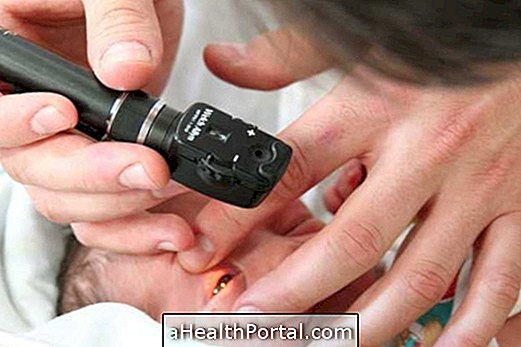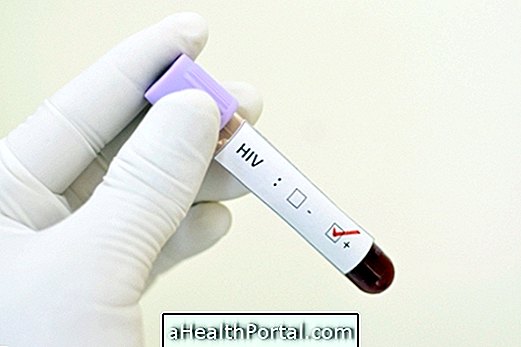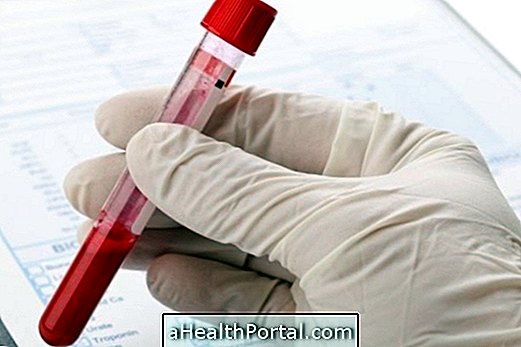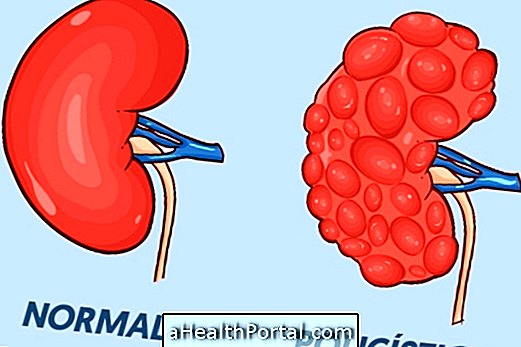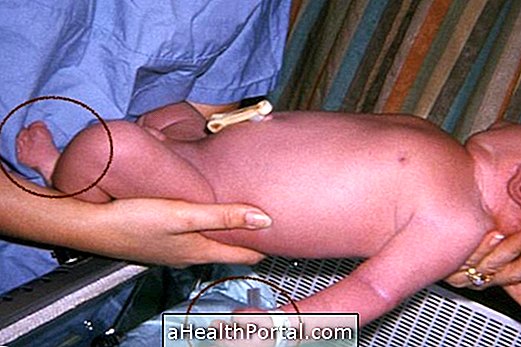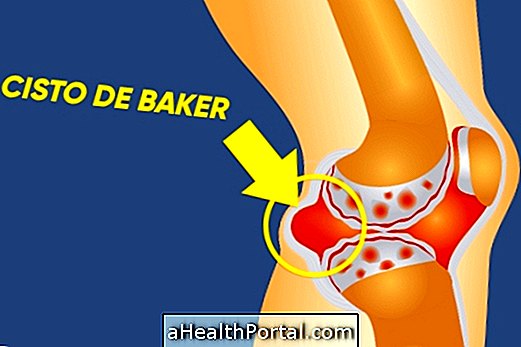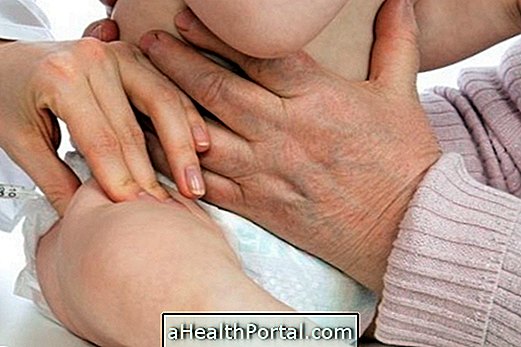If the individual suspects that their pressure is high or low, because they have symptoms such as blurred vision, blurred vision or dizziness, they should measure the pressure immediately. However, apparently healthy people who do not have these symptoms should only measure blood pressure every 2 years, while hypertensive people should measure blood pressure every 3 months or as directed by the cardiologist.
The habit of measuring blood pressure is a disease prevention attitude and is especially important in individuals with a family history of high blood pressure, heart or kidney disease, stroke, diabetes or overweight people. However, it is common for all doctor visits to see how your blood pressure is.
Healthy individuals
Healthy individuals up to 49 years of age should check for pressure every 2 years if their blood pressure was normal. From the age of 50 you should measure the pressure every year because the pressure tends to increase with age. If at any time the pressure is high you should make sure that the pressure is really high and then make an appointment with a cardiologist to start the appropriate treatment, which may involve a diet low in salt, regular exercise, and in some cases, use of medication for pressure.
Patients with hypertension
In cases of individuals who have diagnosed hypertension and who are already taking medication to control the pressure, it is recommended to measure the pressure every 3 months, or according to the guidelines of the cardiologist, but always taking care to note the pressure values, to that the doctor re-evaluates from time to time because this is essential for adjusting medication and diet. Here's how to feed yourself to control the pressure in: Diet for hypertension.
Learn how to measure blood pressure correctly in your video:
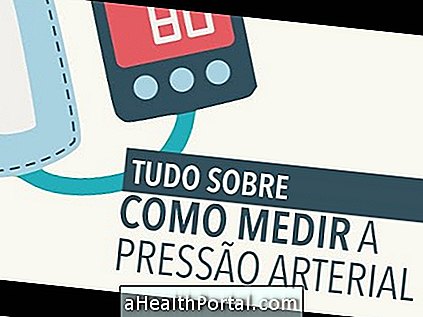
Reference values of blood pressure
Normal blood pressure in adults is usually approximately 120/80 mmHg. However, you may display the following values in the table.
Category | Maximum (Systolic) | Minimum (Diastolic) |
| Normal | 130 - 139 | 85-89 |
| Mild hypertension | 140 - 159 | 90 - 99 |
| Moderate hypertension | 160 - 179 | 100 - 109 |
| Severe hypertension | 180-209 | 110 - 119 |
| Very severe hypertension | About Me | More than 120 |
In the case of the individual measuring blood pressure and presenting values that correspond to hypertension should contact the doctor to avoid complications such as heart attacks or strokes, for example.
Some of the factors that interfere with the amount of pressure include being nervous, anxious or scared, having a fever, having exercised for less than 15 minutes, having been smoking or drinking coffee for 30 minutes. In these cases, one should avoid measuring the pressure, as these factors increase the pressure and the values are not real.

